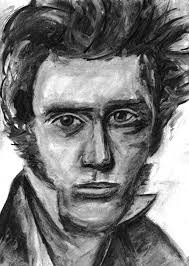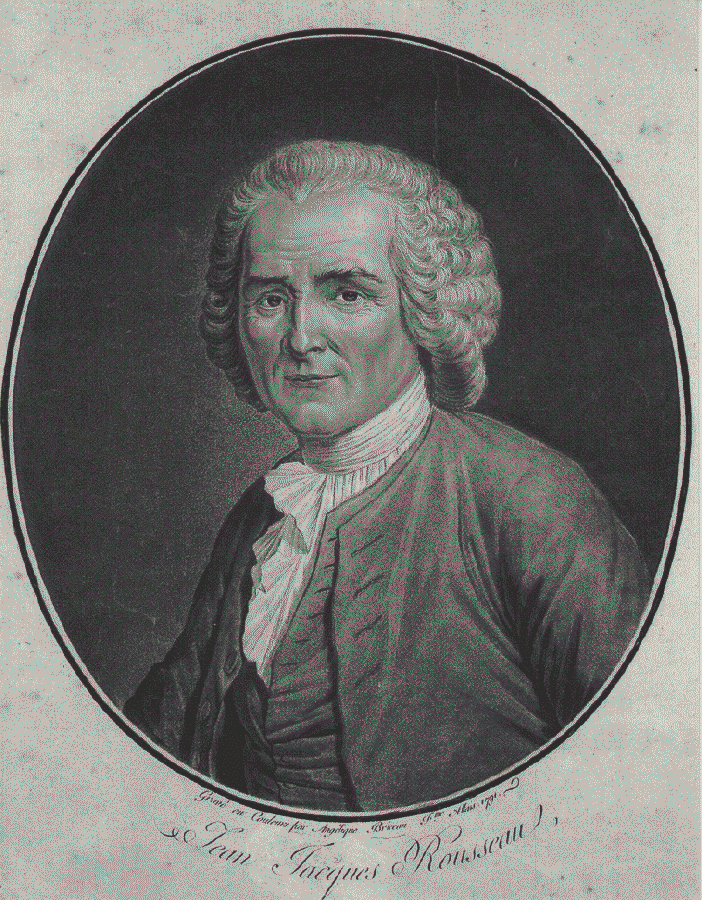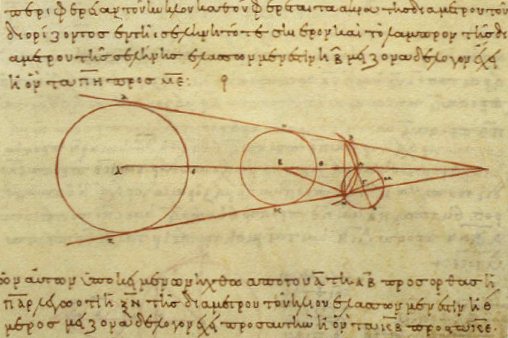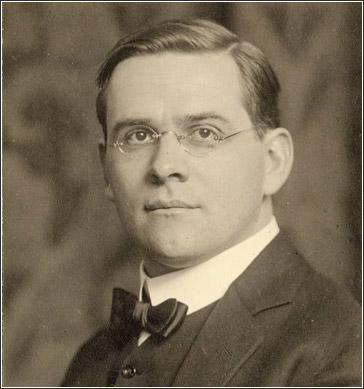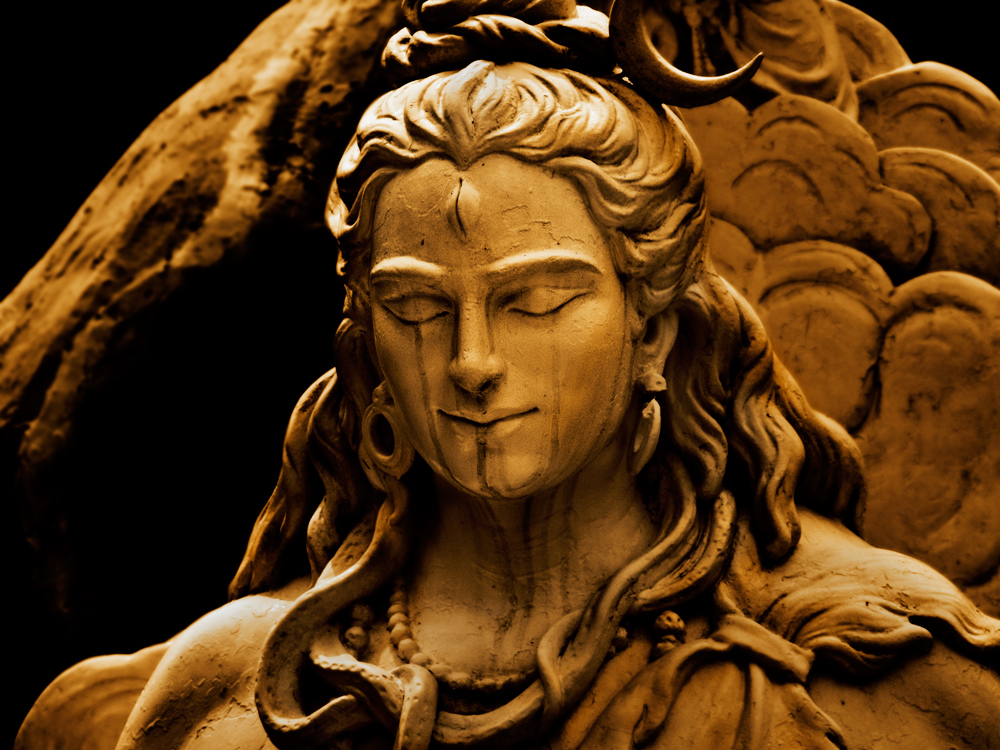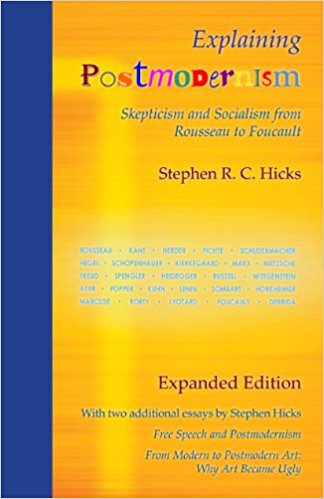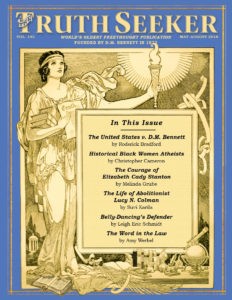Søren Kierkegaard in *Explaining Postmodernism*
In Fear and Trembling, Søren Kierkegaard defends faith by going on the offensive against reason: “Faith requires the crucifixion of reason.” For more on the context of Kierkegaard’s irrationalism and its implications for postmodernism, see p. 98 of my Explaining Postmodernism: Skepticism from Rousseau to Foucault. Information about other editions and translations is available at this […]
Søren Kierkegaard in *Explaining Postmodernism* Read More »
